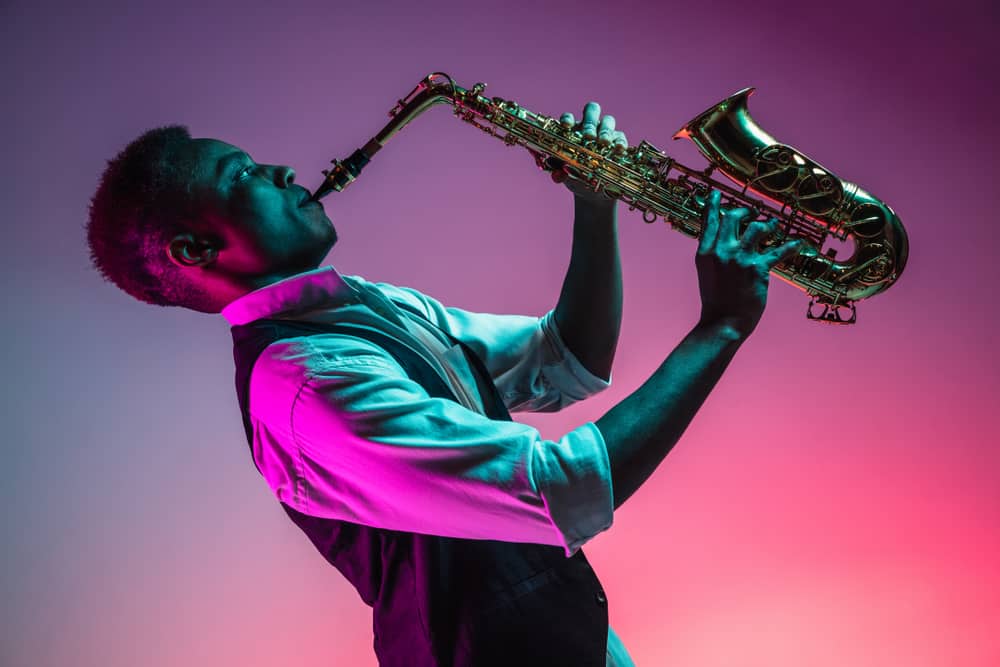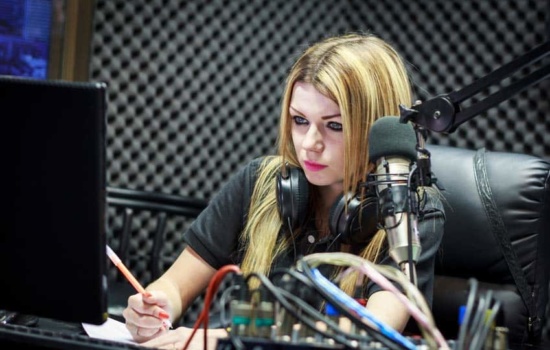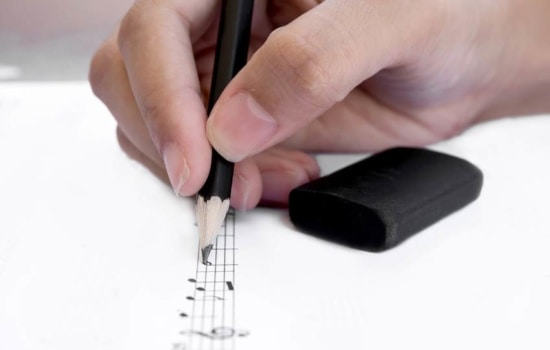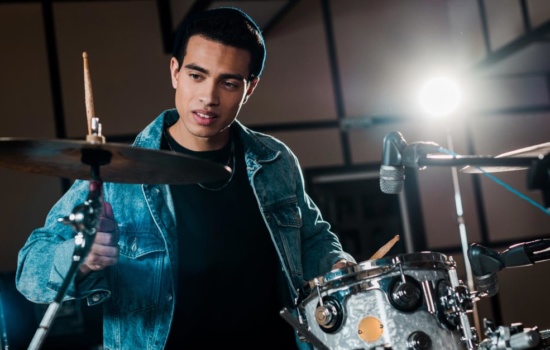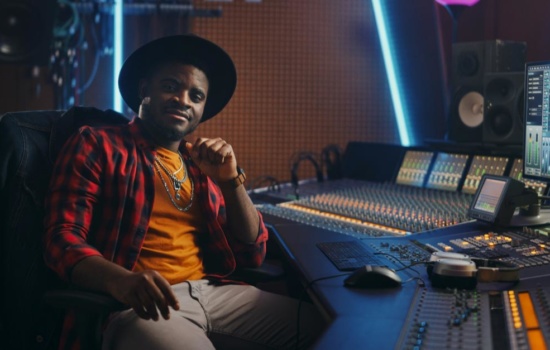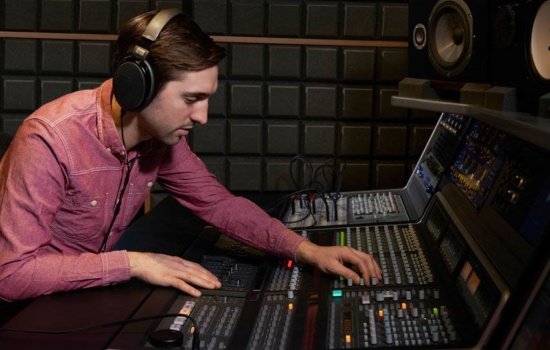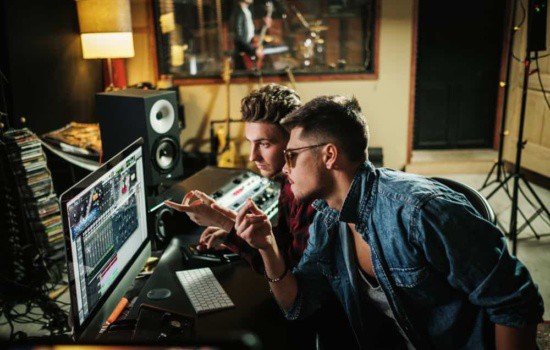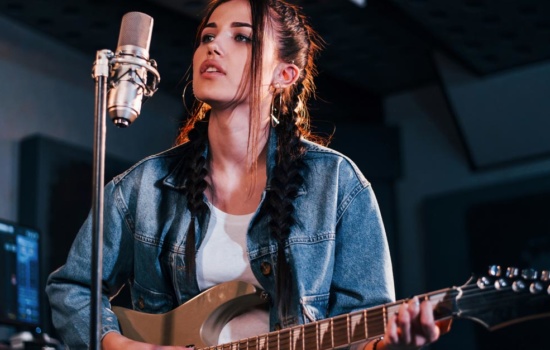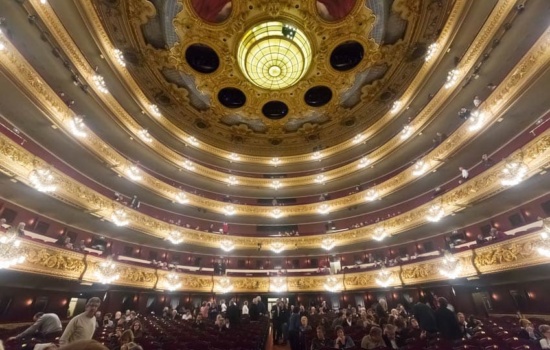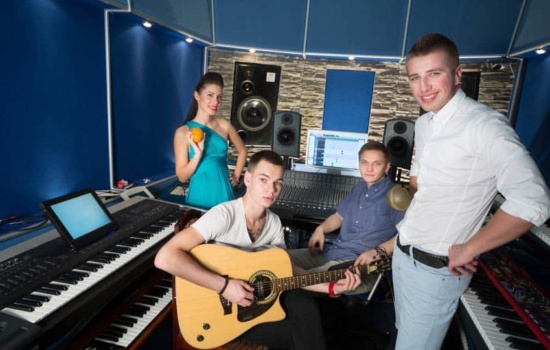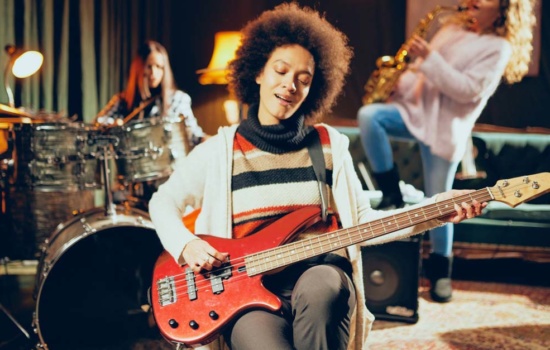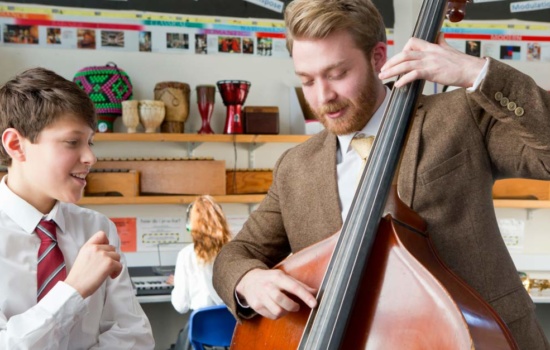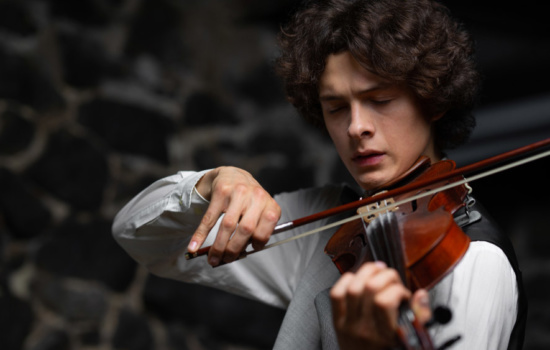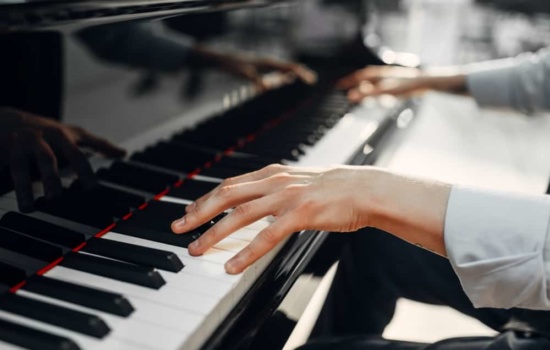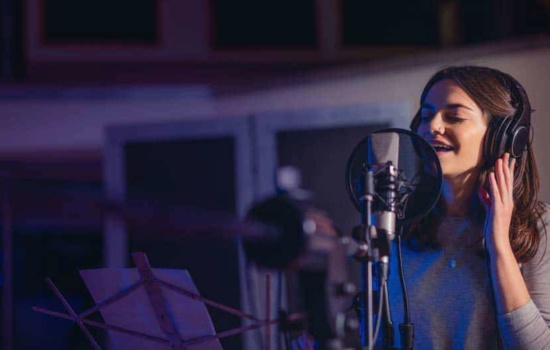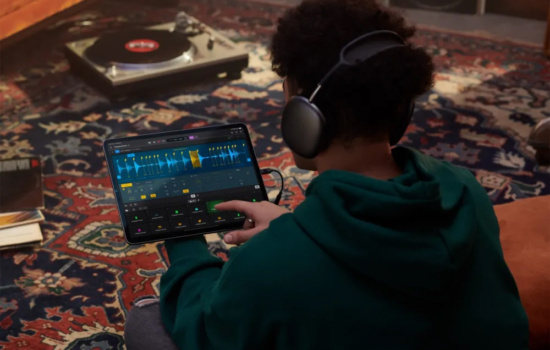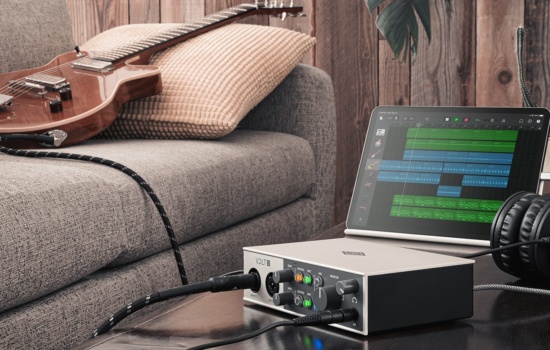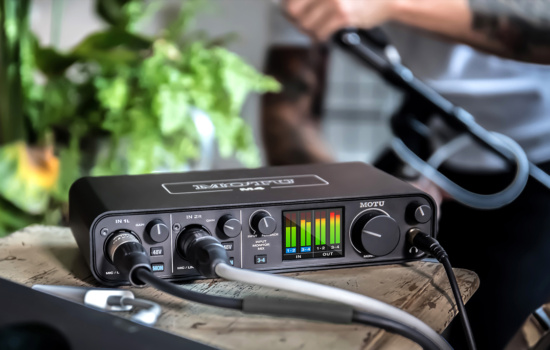Since Jazz was first offered as a legitimate course of music studies in the 1940s, there has been a steady acceptance of the worthiness of this musical genre as a subject for serious academic study. More recently, since the 1960s, there has been a proliferation of course offerings, and a flowering of Jazz Studies degrees offered by traditional music conservatories, plus colleges and universities at every level.
From the perspective of the conservatory, Jazz is a form of Classical Music and a direct outgrowth of the music of the late Romantic period of Classical Music. Jazz is more than 100 years old, so it’s not surprising that the conservatories have embraced teaching Jazz.
All the schools included in my 10 best list have well-established programs with a track record of producing successful alumni. In deciding where to earn your degree, begin by considering a number of schools, and then do extensive research into each one. I recommend that you visit each school you are seriously considering, and speak directly with the faculty and students. They can best give you a realistic perspective on what daily life might look like, should you decide to attend.
Think about what is important to you in a program. Are you looking for lots of playing opportunities, plus outside opportunities to earn money by performing locally? If so, you might want to be in one of the big cities like New York, Los Angeles, Chicago, or Miami.
Many students choose a school based on the faculty teaching there, or the notable successes of their alumni. Location and cost are almost always a factor in choosing a school, as are scholarship awards. As you do your research, take careful notes to help you compare the different programs’ plusses and minuses.
Ultimately, choosing the right program for you shouldn’t depend on any specific top 10 list. There are many good programs at state schools and community colleges. The important thing is the training you receive should prepare you to work in the field. Most schools have summer programs designed for younger musicians, and that is also a great way to get exposed to how they teach Jazz and what it would be like to study at the school long term.
Take advantage of opportunities to network with other future industry professionals while researching or attending school. Keep track of who you speak with at each school, in case questions come up later on and you want to consult with them. Listen to the opinions of Teachers and other professionals, but in the end, you should make the decision based on what feels right for you.
